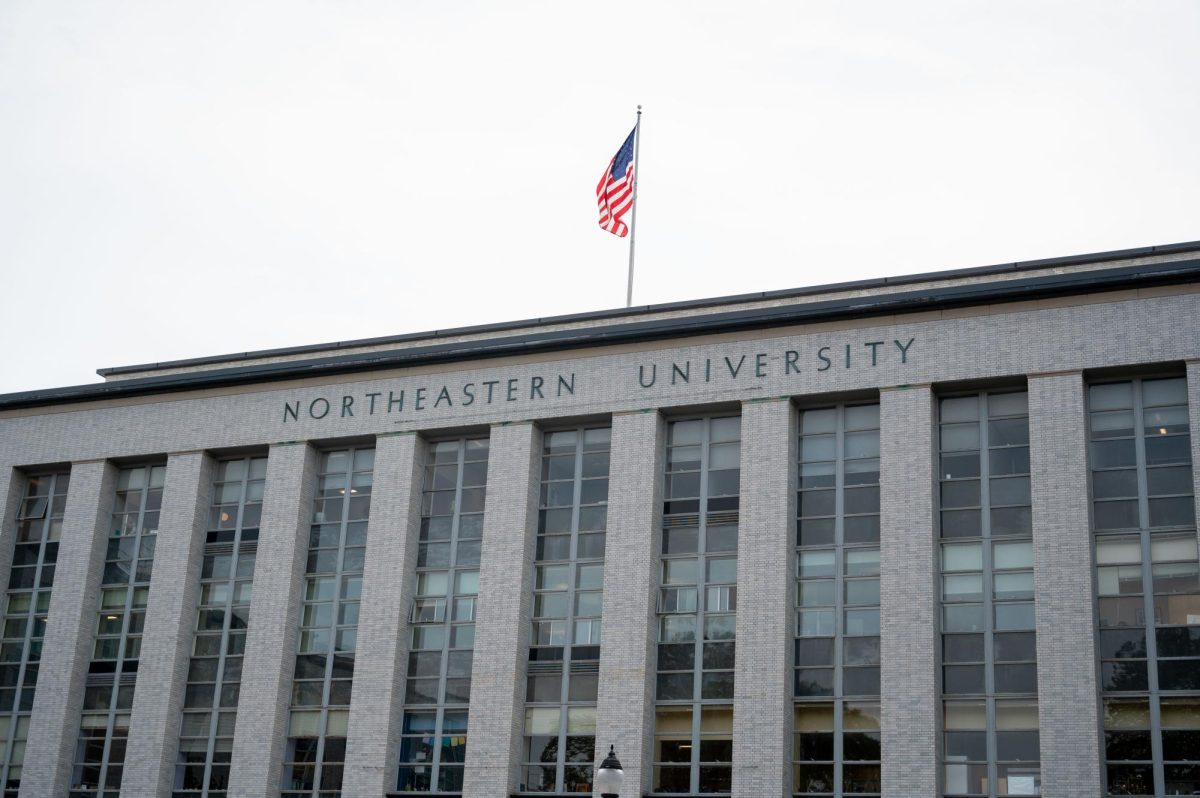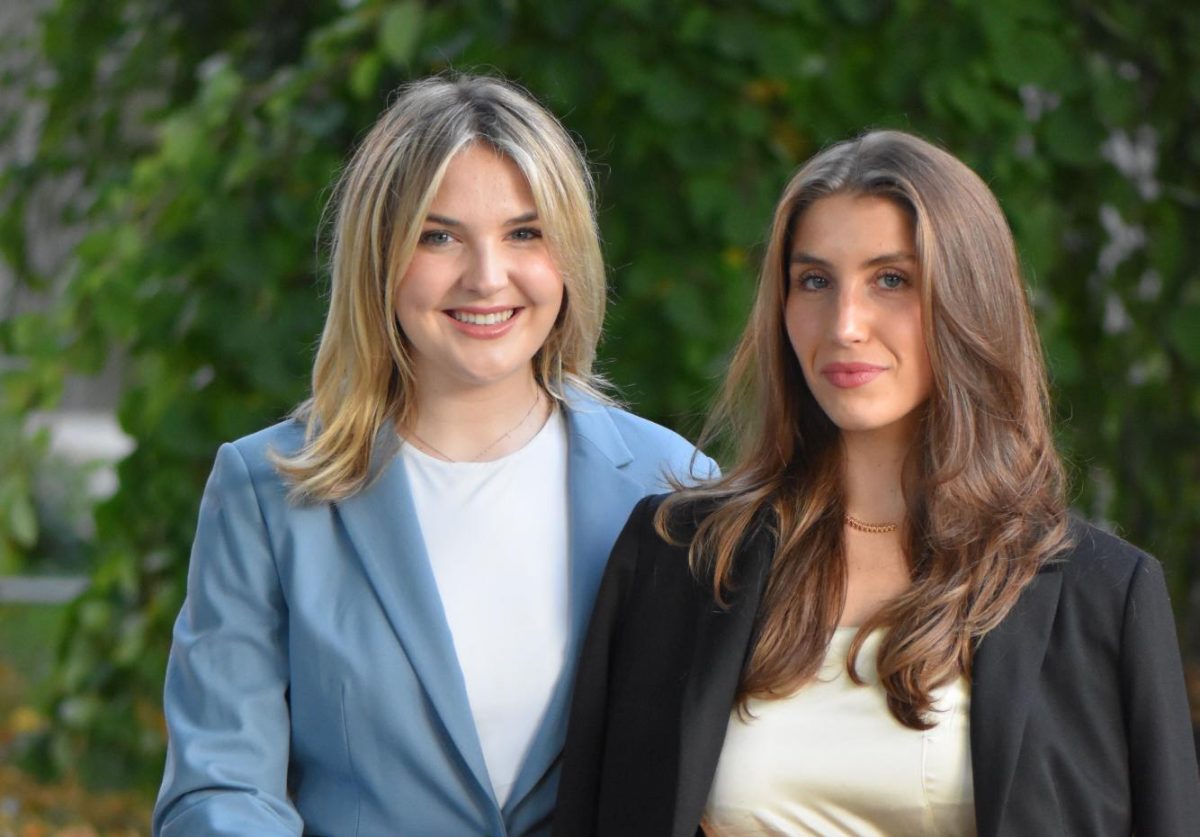By Rachel Boulton
With the sun setting earlier and snow in the near future, the onset of winter is affecting some students’ psyches – and maybe their waistlines.
Depression associated with the winter months has been linked to various weight issues ranging from diets and eating disorders to an increase in one’s weight.
“There is a correlation between what we call the ‘winter blues,’ carbohydrate craving and weight gain,” said Dr. Emily Fox Kales, a psychology professor at Northeastern University. “[From] October up until Christmas is when people tend to do their ‘carb-loading’ for two reasons. The first is holidays. This is the psychological and social factor where there are great big meals and a general relaxing of dieting. The second is, as days get shorter, certain people are affected by the lack of sunlight.”
The lack of sunlight in the winter can affect some people’s ability to taste sweetness, Kales said. They have to eat more sugar to achieve the same perception of sweetness, which can lead to over-eating and, consequently, weight gain. These people are also more subject to depression during the winter months.
“The vast majority who struggle with weight loss would never be diagnosed with a disorder,” Kales said. “They are overly preoccupied with weight, periodically diet and are phobic about certain foods.”
Kales suggested a few ways in which to avoid gaining weight over the winter months.
“Try to concentrate on physical hunger and to not eat out of emotional stress. Do not give up exercise habits. The quickest way to up your metabolism rate is by exercising,” Kales said.
Northeastern also has an organization designed to help people who feel they have an eating problem or any type of body weight concern. Northeastern’s Eating and Weight Concerns Project (NEWCOPE) serves as a resource and staff stress that anyone who wants to come and talk about any concern at all, even if they do not feel they have an eating disorder, is welcome and all information is confidential.
“With this support group, we are here to listen only. This is to get some stress off [the students’] chests. We offer information on where they can get help,” said Maria Diaz, a middler psychology major and a NEWCOPE staff member.
This support group is not meant to give advice or to tell students what they should do; rather, it is there to answer questions and listen to students with concerns.
“It is helpful to get support from students who are right where you are at. They know what you are going through. That can’t be underestimated,” said a senior psychology major who wished to remain anonymous.
NEWCOPE’s meetings are from 4 to 6 p.m. on Tuesdays and from to 7 p.m. on Thursdays in 131 Dockser Hall. The hotline number is ext. 3173.









